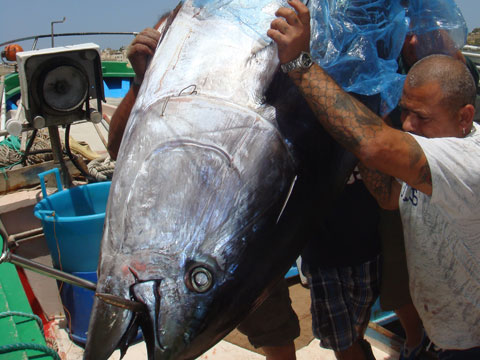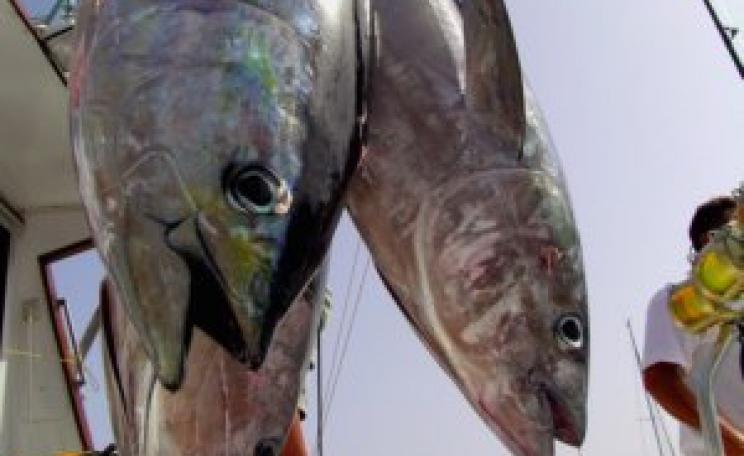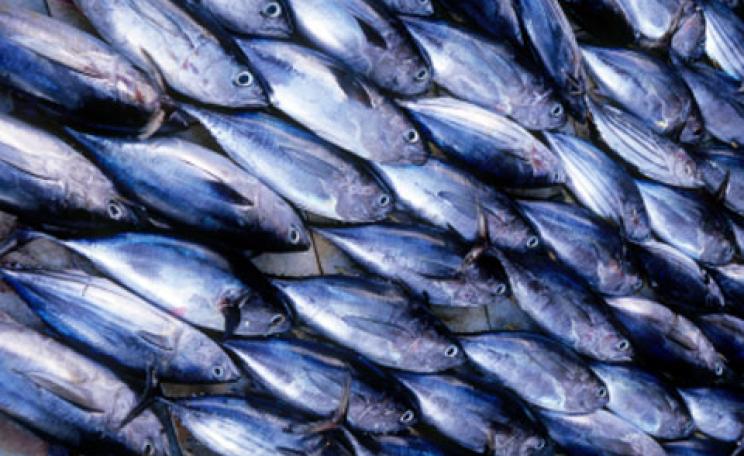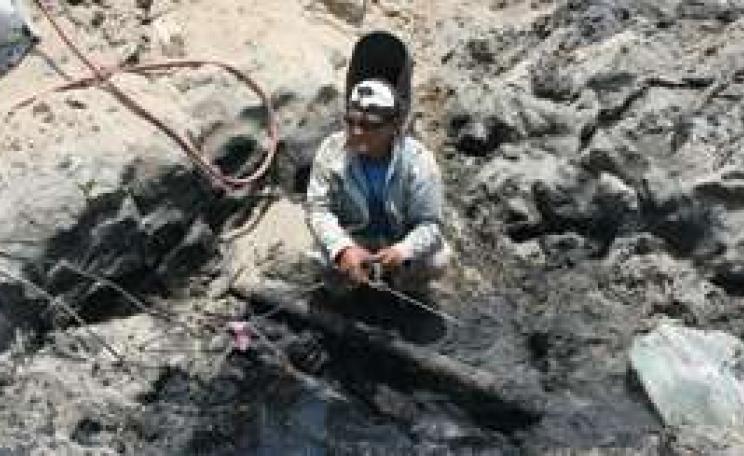Popular fishing techniques used to bring us tuna are unnecessarily killing turtles and other marine wildlife
Well known high street chains, including Boots, Greggs, Subway and Tesco, are selling huge quantities of tuna caught using environmentally damaging fishing methods.
A survey by Ethical Consumer Magazine says the vast majority of the tuna sold in the UK - the second biggest market in the world after the US - is caught using either purse seining or longline techniques. Both of these result in a substantial by-catch of other species, including seabirds, young fish, turtles and sharks.
Of the UK's top five sandwich outlets, only Marks and Spencer uses the more sustainable 'pole and line' caught tuna in its sandwiches although Sainsburys and Waitrose do stock tinned tuna using the same method.
Dolphin-friendly
Survey author Jane Turner said the supermarket tactic of labelling tinned tuna as 'dolphin-friendly' was also misleading customers about the true damage the type of fishing methods they employed causes to marine wildlife.
She said the vast majority of tinned tuna sold in the UK was skipjack tuna that did not swim with dolphins in the oceans so is therefore naturally dolphin-safe, but is instead 'most definitely unfriendly to sharks, turtles and other marine wildlife'.
Confusing labels
Meanwhile, a survey by the consumer watchdog Which?, due out later this week, has criticised fish labelling across all major supermarkets. It says the multiplicity of labels is confusing to consumers.
One example is the use of the phase 'line-caught', which it says consumers may assume means the traditional pole and line technique but actually can mean longline fishing. This type of fishing can involve lines up to 100 miles long with thousands of hooks that snare all kinds of unintended bycatch.
The Which? survey says Waitrose and M&S offer the most sustainable sources of fish. It recommends that, rather than looking for 'dolphin-safe' labels, consumers should look for the Marine Stewardship Council (MSC) label as their best guide to buying sustainable fish.
| READ MORE... | |
 |
GREEN LIVING A beginner's guide to fishing Few sports bring you as close to nature as angling. Here's how, why and where to get started |
 |
NEWS ANALYSIS Police raid on illegal shellfish gang reveals 'national problem' Our national taste for shellfish is leading to exploitation of our shores by criminal gangs, putting human health and fragile environments at risk |
 |
NEWS EU subsidies linked to overfishing Study finds large chunk of almost £4 billion in subsidy payments has been used to increase fleet capacity in Europe and 'exacerbate' the problem of overfishing |
 |
NEWS Alaskan fishermen to fight mining giant at its own AGM A group of campaigners from Alaska have stepped up their campaign against plans to build one of the world’s largest goldmines by buying shares in Anglo American |
 |
NEWS Big fish farms not necessarily most polluting Aquaculture industry urged to look at location and management techniques to reduce the environmental impact of rapidly expanding sector |








